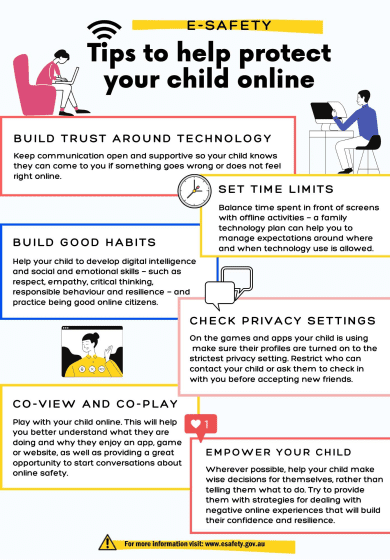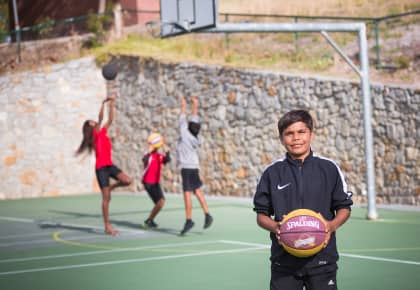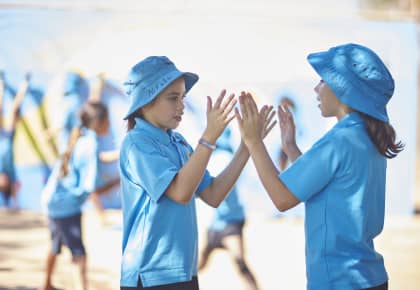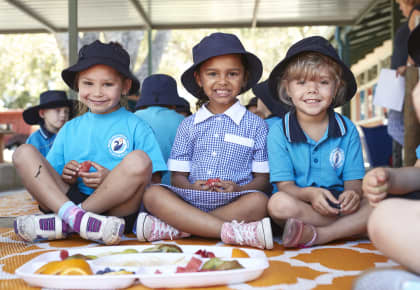Cyber safety
Cyber safety
Tips to help your children be safe and responsible online users.
The internet is a great way to socialise, learn, work, play and be entertained — but with technology comes risks. Do you know how to keep your child safe online?
If you need support to report cyberbullying, image-based abuse or illegal and harmful content go to Report Abuse1 on the eSafety Commissioner2 website. You can also learn about the latest games, apps and social media platforms, including how to protect your information and report inappropriate content in The eSafety Guide3.
Set the ground rules
- Establish rules about the types of content or information your child should report to an adult – for example, telling you about any swearing or bad words they find online.
- Set rules to make sure your child knows what information they can share or post online and the websites they can visit. This includes telling a trusted adult before posting any personal information online, including for competition entries.
- Encourage your child to use the same manners and communication they would use offline, and remind them it’s okay to report others who aren't being nice.
Stay involved
- Closely monitor younger children’s internet use.
- Try to keep the computer in a shared or visible place in the home.
- Be aware of how your child uses the internet and explore it with them.
Proactively guide
- Help your child understand that what they say and do online is important.
- Encourage your child to learn about online safety with fun resources from the eSafety Commissioner 2website, like Hector’s World4 and #GameOn5.
- Talk to your child about personal information and why it is special and remind them how it can be used to identify or locate them.
- Bookmark a list of favourite sites you are comfortable with your child visiting and teach them how to access this list.
- Consider using filters to help manage your child's online access.
Support positively
- Advise your child not to respond to any negative messages and to report any hurtful messages they receive to you or another trusted adult.
- Teach your child that there are ways they can deal with material that worries or frightens them – this includes immediately telling a trusted adult of any concerns or uncomfortable material and how to close a web page or turn off a screen.
- If your child shows any concerning changes in behaviour or mood then talk to them or seek professional support – Kids Helpline6 provides free, confidential online counselling for young people, and your school may also be able to help.
For tips to help you support your children to become safe and responsible online users or to report offensive or illegal content visit the eSafety Commissioner2 website.
Young people and fighting
Children under the age of 18 can still get in trouble with the law for being involved in a fight. This includes fighting someone, or for helping or encouraging someone to fight another person. The punishment will depend on how serious the charge is, if there is a criminal record, and other personal circumstances.
A child can get in trouble with the law if they:
- organise a fight.
- prevent the victim from getting away or from leaving the assault.
- shout out words of encouragement. For example: yell out words like “go on, hit them”.
- film a young person fighting.
- post or share a video of a young person in a fight on social media.
- keep a video of a fight involving a young person that was sent to you, whether you asked for the footage or not, or
- ask someone to send you a video of a fight involving a young person.
Read One punch can change a life7 for information on the laws about fighting.






